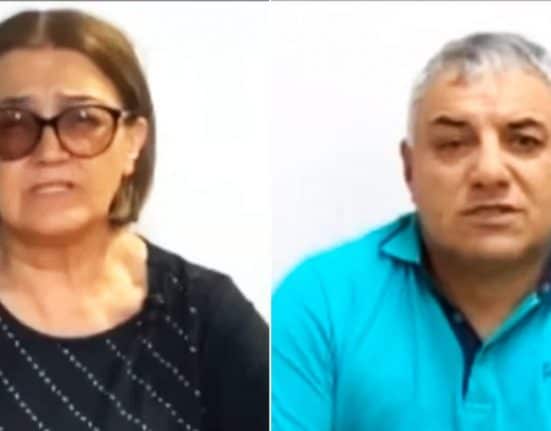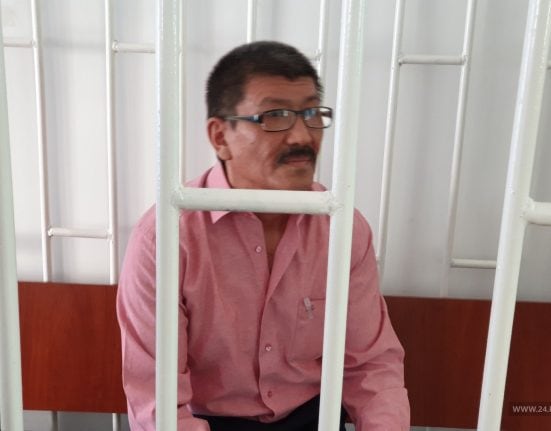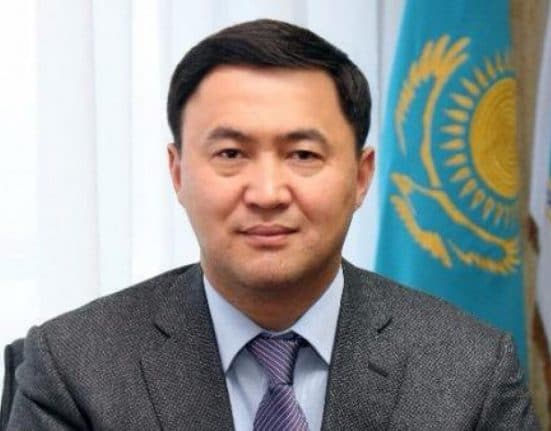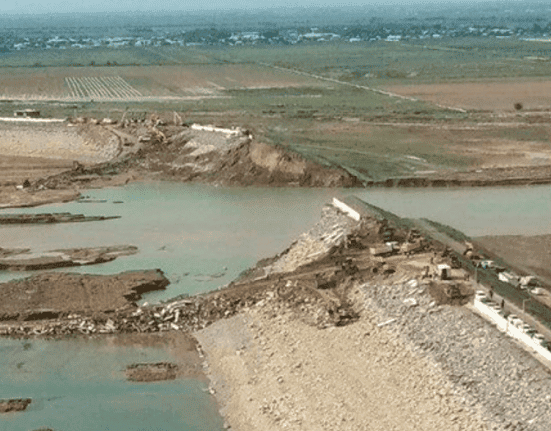The Media Policy Institute (MPI) commented on the speech of the President of Kyrgyzstan Sadyr Japarov at the 77th session of the UN General Assembly in New York.
In his speech, Sadyr Japarov called Tajikistan’s actions against Kyrgyzstan an unprovoked armed aggression and drew attention to the fact that the conflict took place despite the fact that the countries have signed international treaties and obligations that must be observed.
“Indeed, both Kyrgyzstan and Tajikistan are parties to numerous bilateral and multilateral agreements and security treaties, and must resolve any contentious issues in accordance with national legislation and international law. This is also stated in the Constitutions of both states, which proclaim such democratic goals and obligations as the protection of human rights, the creation of a just society, the rule of law and the pursuit of economic well-being,” the human rights activists write.
However, de facto, both states are moving in the opposite direction from these declared democratic goals, according to the MPI.
“Kyrgyzstanis […] should be attentive to this speed with which Kyrgyzstan is moving towards authoritarian rule and what this vector is fraught with,” human rights activists write.
They note that the regime of Emomali Rahmon has been creating its monolithic authoritarian power in Tajikistan for 28 years, pursuing alternative voices, imprisoning critics and opponents of the government, brutally suppressing any signs of discontent with socio-economic inequality, corruption and nepotism in the country.
“After almost three decades, in an atmosphere of threats and physical violence, journalists in Tajikistan began to refrain from telling the truth, avoiding taboo topics about high-level corruption or egregious violations of human rights. And this is easily explained. Disagreement with the actions of the government, that hasn’t been replaced for almost 30 years in the form of protests and rallies in Tajikistan, is recognized as illegal; moreover, it’s considered as terrorism,” the comment says.
As an example, the fact is given that in May 2022, one of the few non-state media outlets in Tajikistan, Asia-Plus, made a statement that it wouldn’t cover events in the Gorno-Badakhshan Autonomous Oblast of Tajikistan, where, as a result of dispersal of protesters by law enforcement agencies one protester was killed and three were injured.
“Rahmon’s sole rule for 28 years has led to the fact that for many years Tajikistan has been classified in international ratings as an unfree country that suppresses the political rights and civil liberties of its citizens,” the representatives of the MPI summarize.
It’s pointed out that in Kyrgyzstan, on the contrary, non-state media and a dynamic civil society are seriously correcting public discourse, challenging the hierarchy of power and providing space for freedom of speech and access to information.
“For decades, Kyrgyzstan has been recognized by international ratings as a partially free country in terms of political rights and civil liberties. However, in recent years, the situation with the rights and freedoms of citizens has begun to change for the worse: criminal cases are initiated against journalists and activists without legal grounds; in violation of the law, new laws are being passed that allow arbitrary interference with freedom of the media and freedom of speech; journalists are systematically verbally attacked, discredited and demonized by the President and high-ranking officials,” the MPI writes.
The Media Policy Institute believes that independent journalism in Kyrgyzstan proves that it works and is an effective tool to fight corruption and protect the rights of citizens.
“That is why, in moments of crisis, non-state media, civil activists and bloggers become the most important social capital for Kyrgyzstan, representing an authoritative source of information for the international community. In moments of crisis, the importance of free, strong media and civil society organizations cannot be overestimated. This was proven during the coronavirus pandemic in 2020, and it has been confirmed now,” the human rights activists write.
The MPI believes that the speech of the President of Kyrgyzstan Sadyr Japarov at the 77th session of the UN General Assembly in New York gives hope.
“It seems that the situation on the border suggested how dangerous for Kyrgyzstan is the choice of an authoritarian vector of governing the country, because the potential consequences of such a path are a scorched field of freedom of speech and civil initiative, without which the state will not be able to cope with external threats that will arise. Given our bitter experience of recent days, the government should stop exposing the imaginary threats to our national security in the form of persecution of critics of the government, and deal with real and long-term challenges to our independence. This is also written in our Constitution, which proclaims our state as a sovereign, democratic, legal, secular and social state, where political rights and civil liberties are ensured and protected,” summarize the representatives of the non-profit organization.






